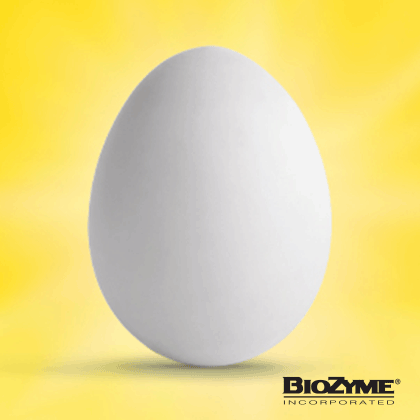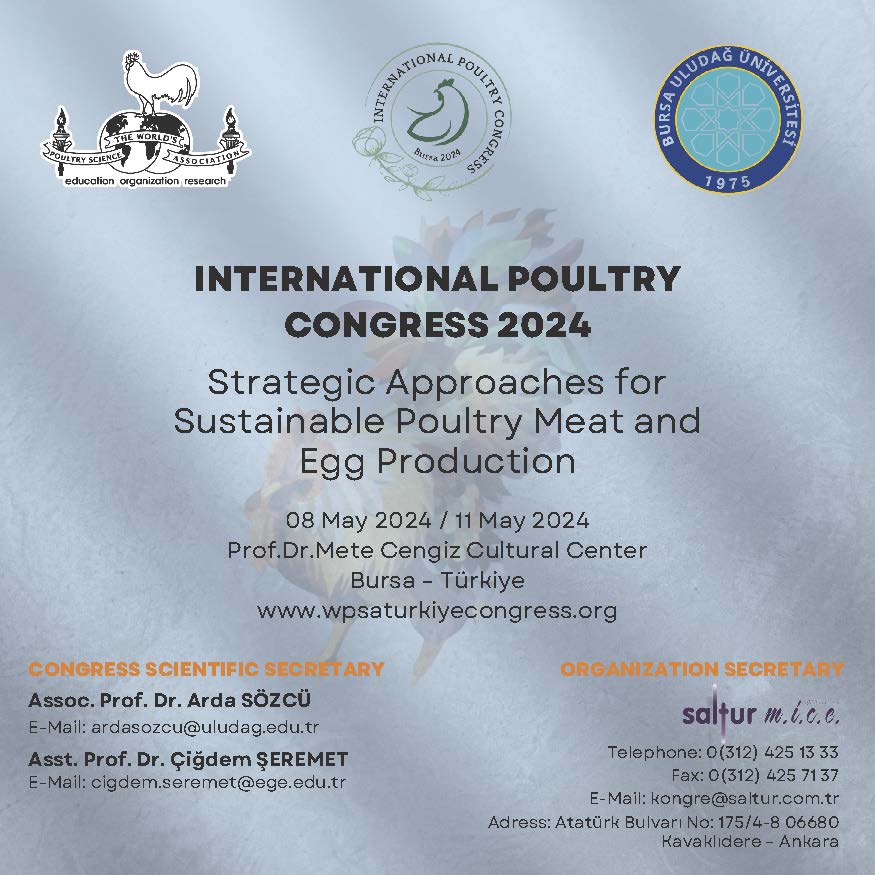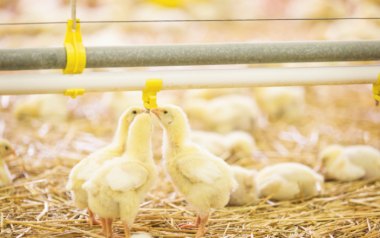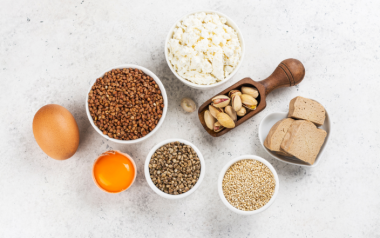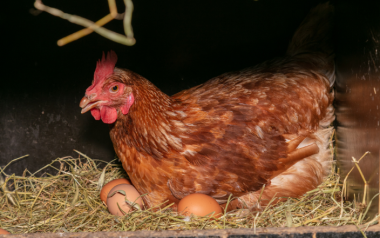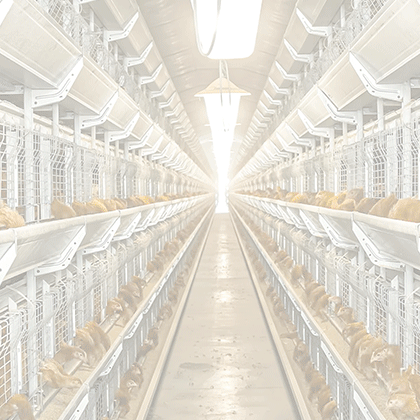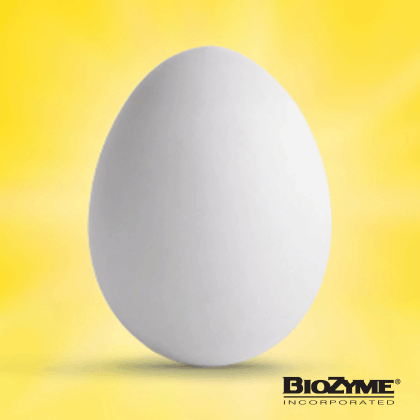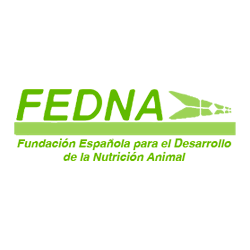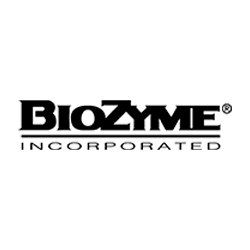Sources: Available upon request.
Importance of water quality in poultry
In poultry farming, water is used as drinking water for the good productive performance of poultry and as a vehicle for nutritional additives; it is also used for cleaning and disinfection activities.
In poultry farming, water is used as drinking water for the good productive performance of poultry and as a vehicle for nutritional additives; it is also used for cleaning and disinfection activities.
Main functions of water in the poultry:
- Making all cellular chemical reactions possible.
- Transport of nutrients and waste substances.
- Softening the feed in the crop.
- Facilitate the transfer of food through the digestive tract.
- Being a key component in blood and lymph.
- Dissipate body heat.
The water content in the body of a day-old chick is 85%, that of an adult layer is 55%, that of the egg is 65%, which explains why animals are more sensitive to water deficiency than feed deficiency.
Water quality
Having a water quality program in poultry production units is a guarantee for the health of the birds, and for this, it is essential to know and quantify the water quality in the region and in each specific farm.
When evaluating water quality, the following should be considered:
- Organoleptic and physical-chemical characteristics.
- Substances present in excess, including toxic compounds.
- Presence of organic matter.
- Presence of microorganisms since water is an important vector for the transmission of pathogens.
The intestine of animals of zootechnical interest can be a reservoir for human pathogens such as enterohemorrhagic Escherichia coli, Salmonella and Campylobacter species, so it is of great importance to reduce the incidence and concentrations of these.
A water quality manual should be available for each poultry unit, detailing basic water quality requirements. This manual should include preparation and cleaning activities for tanks and pipes on the farm, a physical, chemical, and bacteriological analysis of the water, control of bacterial load, minimum requirements for drinker space or number of birds per drinker and water flow, ensuring accessibility, and water temperature. Regarding bacterial load, levels of colony forming units per milliliter close to zero are desirable. This factor directly influences the intestinal integrity of the birds, which is of great importance if we remember that it is the intestinal health that drives the productive performance.
Organic acids in drinking water
The use of organic acids in drinking water can destroy or reduce any vegetative pathogens in the water, as well as continue to work at the level of the digestive tract of the animals, thus avoiding excretion and recontamination of enterobacteria. In addition, it has the advantage of allowing the animals to be treated during feed withdrawal periods.
Organic acids are weak acids, which means that at acidic pH they only partially dissociate, so they can pass through the lipid membranes of the cells of the microorganisms. Once in the bacterial cytoplasm, a high proportion of the acid molecules will dissociate, releasing protons and organic acid anions that will ultimately lead to bacterial death.
Conclusions
- Having a water quality program, tailored to the conditions of each poultry farm, will be a guarantee for the health of the birds and therefore a better productive performance of the flocks.
- All personnel should be made aware of the basic water quality requirements, any deviation in water quality should be reported and immediate action should be taken to comply with the quality parameters.
- The success of the use of additives such as organic acids is related to the control of the enterobacterial cycle, preventing their entry into the animal, avoiding recontamination, and exerting a positive effect on the intestinal ecosystem and its integrity.


